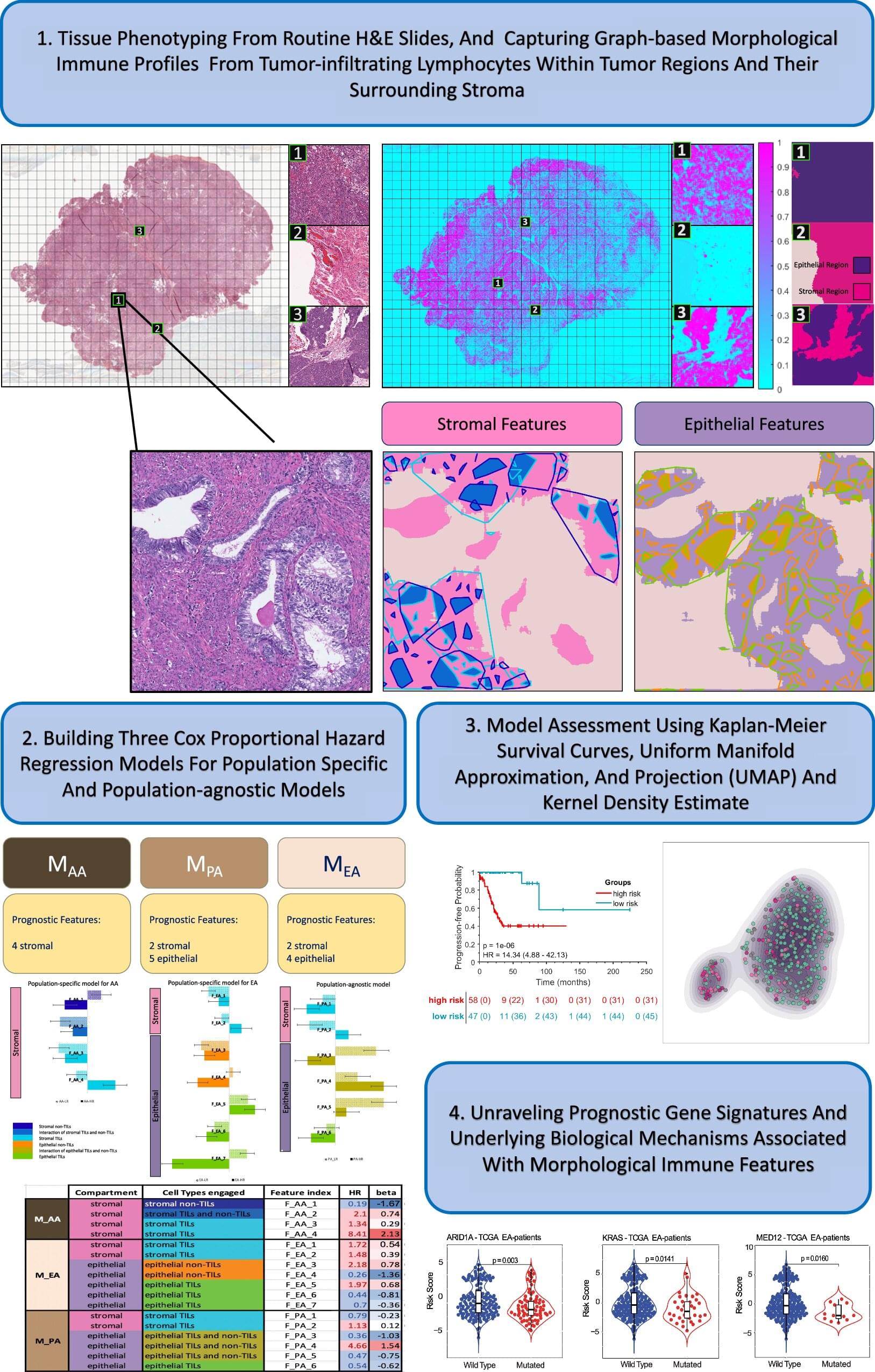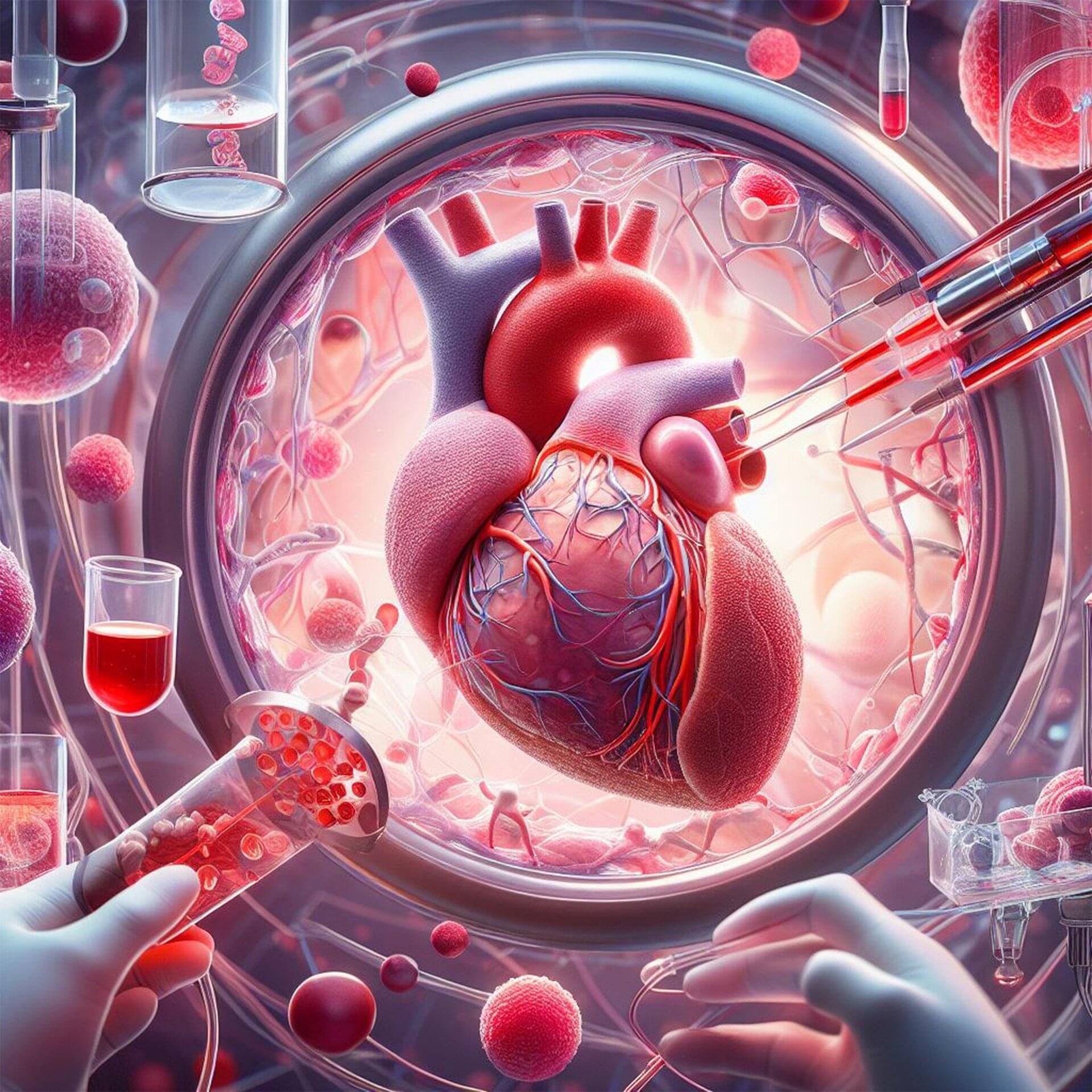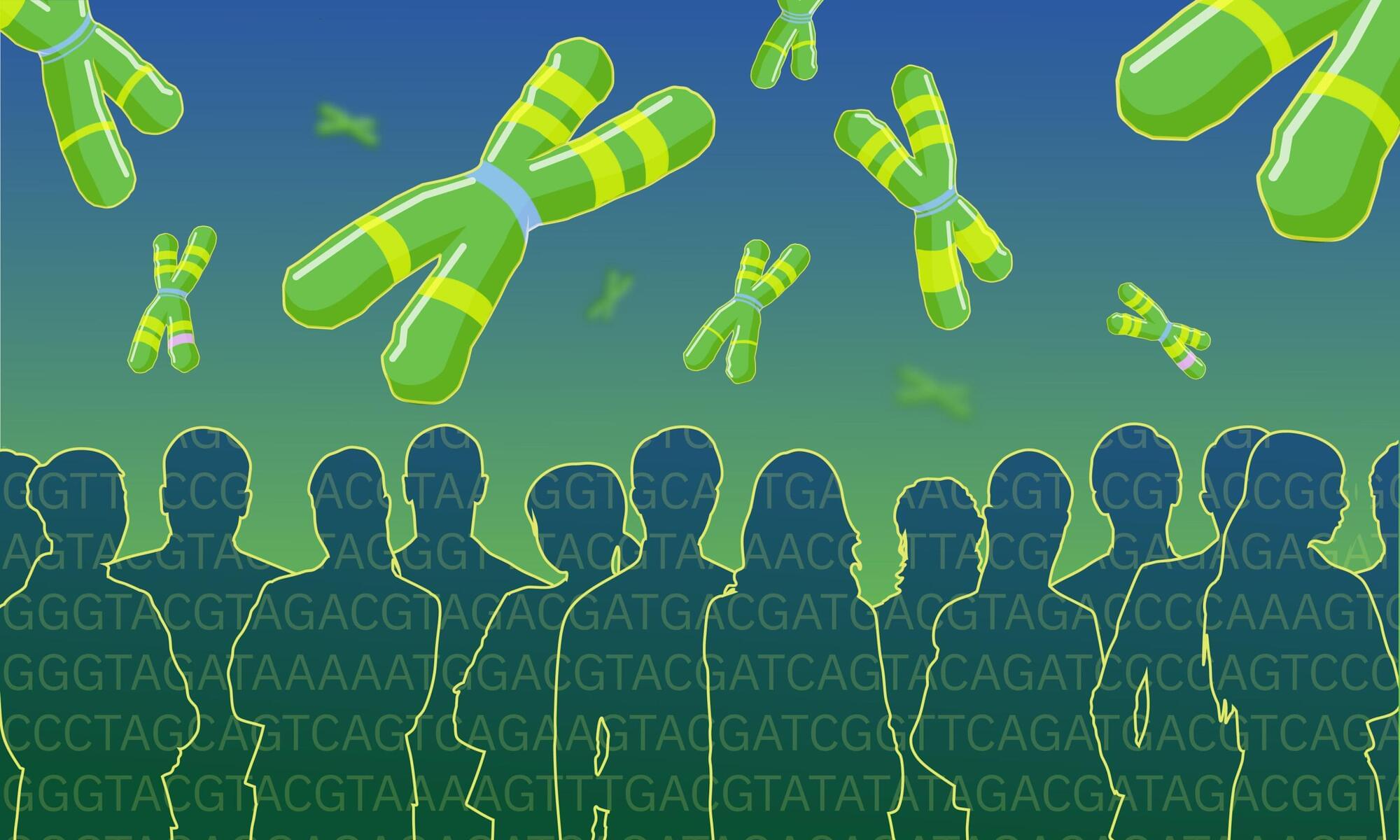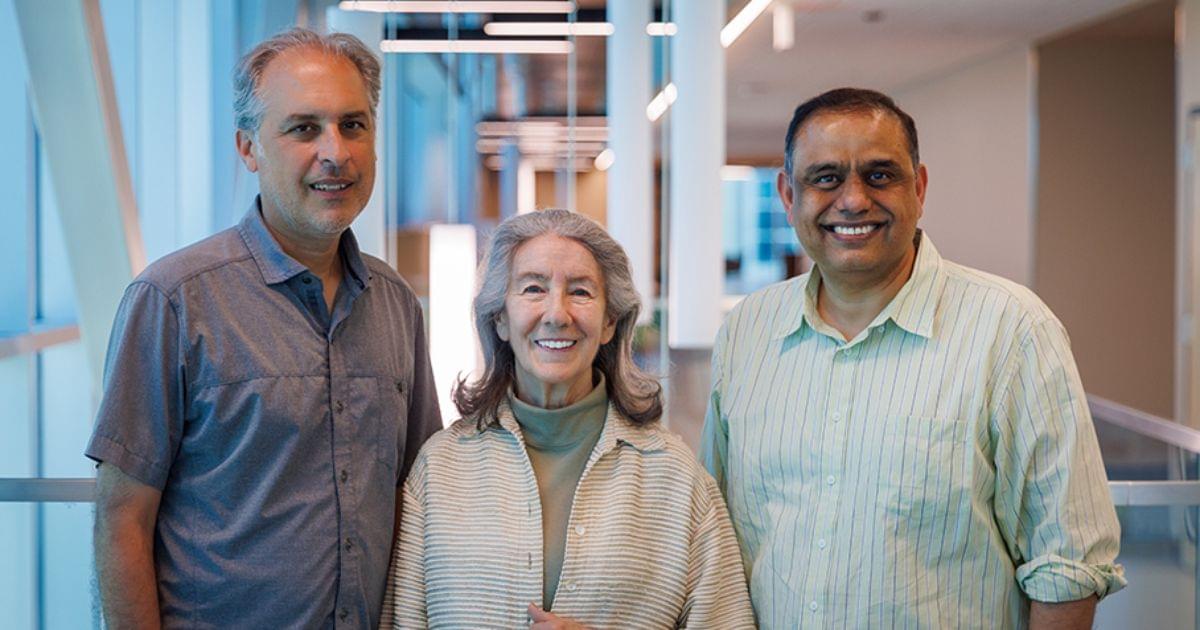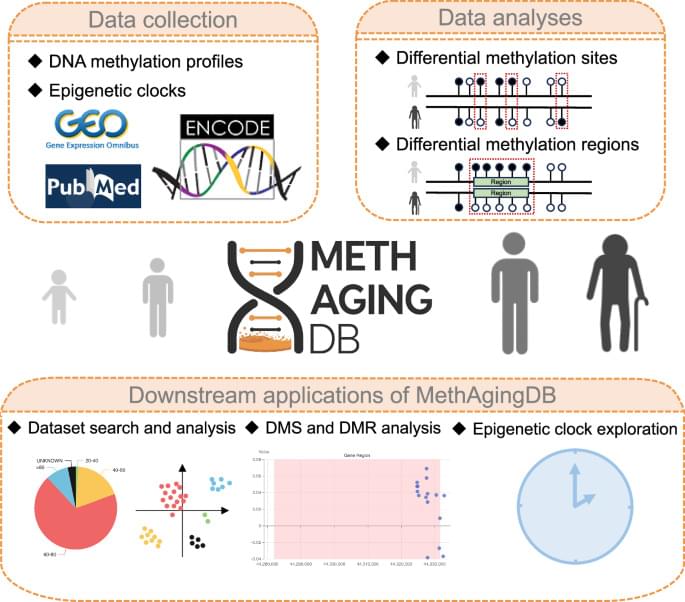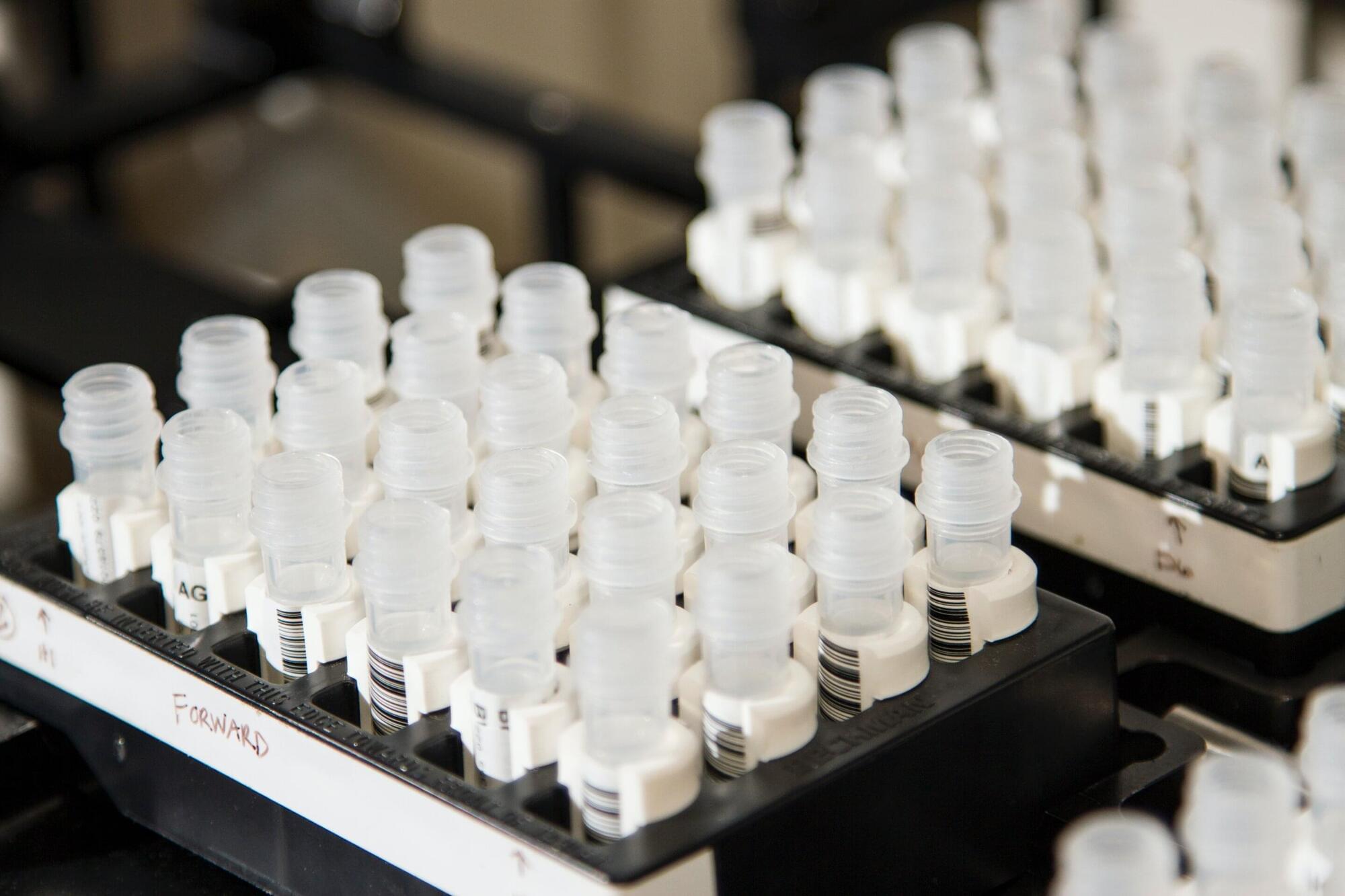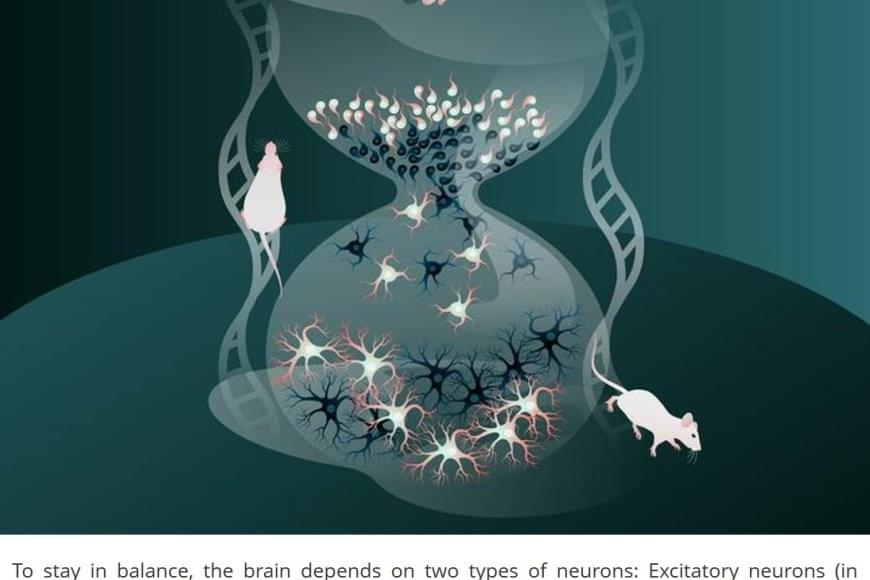Endometrial cancer—in which tumors develop in the inner lining of the uterus—is the most prevalent gynecological cancer in American women, affecting more than 66,000 women a year. Black women are particularly at risk, with an 80% higher mortality rate than other demographic groups and a greater chance of contracting more aggressive cancer subtypes.
Regardless of lifestyle choices and health care equity, studies still show Black women have lower survival rates. A team of Emory researchers wondered: Could that poorer prognosis in Black women be caused by pathologic and genetic differences as well?
“Racism and equitable access to health care certainly play a big role in the increased mortality for populations of color,” says Anant Madabhushi, executive director of the Emory Empathetic AI For Health Institute. “But with endometrial cancer, it may not completely explain the difference in mortality.
